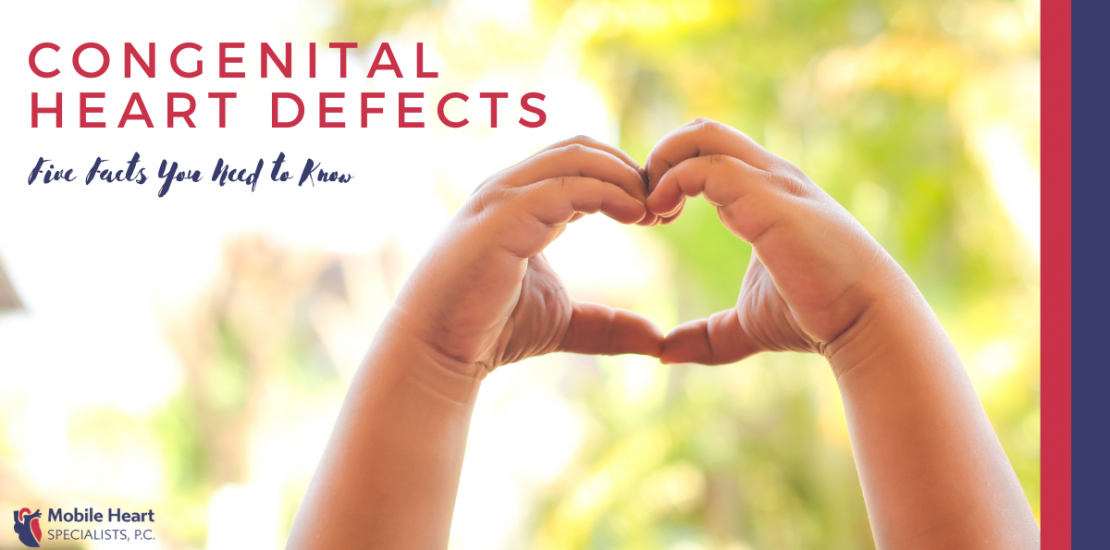- May 9, 2023
- Posted by: sabrina@salexanderconsulting.com
- Category: News
No Comments


Congenital heart defects (CHDs) are defects you are born with that are caused when the heart or blood vessels near the heart do not develop normally before birth. They can be diagnosed either in utero or within the first few months after birth.
While much is still unknown about congenital heart defects, it’s important to be educated in case you or a loved one experiences CHDs first-hand. Here are five facts you should know about congenital heart defects:
- According to the American Heart Association, there are more than 2.4 million Americans living with some form of congenital heart defect and nearly 40,000 children born with a heart defect each year. This equates to about eight out of every 1,000 infants born each year.
- Often, the cause of a congenital heart defect is unknown. There are only a few genes that have been linked to heart defects, so doctors have determined that they’re likely caused by a combination of multiple genetic and environmental factors. If you are pregnant and you or your spouse have congenital heart defects in your family, it’s important to take the proper precautions with your cardiologist or OBGYN, like getting a fetal echo, to determine if your child will also be born with a CHD.
- Because of advancements in technology and treatment, children born with CHDs are living longer and healthier lives, most living well into adulthood with no disabilities or other difficulties. However, some people with congenital heart defects can still develop other heart problems over time, so if you’re living with a CHD, it’s important to see a cardiologist routinely to ensure your heart is still healthy and no other issues have developed.
- Based on research done by the Center for Disease Control (CDC), they’ve found that ventricular septal defect is the most common CHD. This defect happens when there is a hole in the wall that separates the two lower chambers of the heart. Sometimes, the hole will close on its own. But, in the most severe of cases, a doctor will recommend open-heart surgery to repair the hole.
- Care and treatment for congenital heart defects varies by the type of defect and its severity. From aerobic exercise to surgery, there are any number of ways a doctor may recommend treatment for CHD. Here are some care and treatment options.
If you have a congenital heart defect and are in search of a cardiologist, schedule an appointment with one of our knowledgeable physicians.
Resources:
American Heart Association
Center for Disease Control
